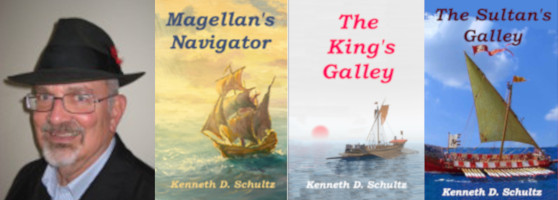There’s more to writing a book than putting simply putting words into digital memory. Most novels have characters, plots, settings. Nonfiction books often have even more things to juggle. In the past for me, that’s meant each work-in-progress folder contains separate Word, Excel, and other documents. That’s cumbersome. If I forget the color of my Otto’s eyes, I have to leave my manuscript and search for the Otto character sheet, which slows down the writing process. This has become more important to me now that I have multiple books in the same science fiction universe.
Scrivener solves this organization problem by “binding” together your manuscript and various source documents so you can complete that “awkward first draft.” One, not multiple, mouse clicks will bring up any document you want.
I’ve now worked a bit with Scrivener and have a preliminary assessment.
Pros: The one click organization is a huge plus, although it takes some effort to get everything into the Scrivener software. The software also helps in the organization of your manuscript and makes it easy to move chapters around. This will probably be of more use to seat-of-the-pants writers as opposed to writers, like myself, who plot out their novels beforehand. It’d also be very useful to non-fiction writers.
Another pro is the cost. Scrivener regularly goes on sale, and with a little persistence you should be able to buy it for around $20.
Cons: There is no editor and I miss it. I personally try to write a reasonably clean first draft and appreciate Word flagging my misspellings, passive sentences, and grammatical monstrosities. However, for writers who focus on simply getting words to paper in the first draft, the lack of an editor may not bother you.
How I plan on using Scrivener? I think I’ll still do my manuscripts in Word. However, I’ll use Scrivener to organize all my background information. I’ll bring up Scrivener before I start to write, so then my character sheets etc will be at most two clicks away for reference. If I were writing a nonfiction book, I’d probably try doing the manuscript in Scrivener.
However you use it, Scrivener is well worth the money.



 I like to write characters, or read about characters, with a rich backstory. I know writers who construct elaborate backstories for all their major characters. The question is then how, or even if, this backstory is revealed to the reader. I think this is best done slowly
I like to write characters, or read about characters, with a rich backstory. I know writers who construct elaborate backstories for all their major characters. The question is then how, or even if, this backstory is revealed to the reader. I think this is best done slowly